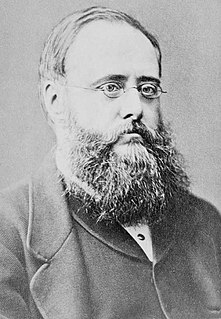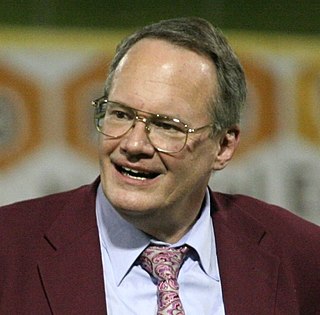A Quote by John Piper
There is a great gulf between the Christianity that wrestles with whether to worship at the cost of imprisonment and death, and the Christianity that wrestles with whether the kids should play soccer on Sunday morning.
Related Quotes
This Christianity is not a cultural thing. It is not something that should be just a small part of your life; it is not something that you do on Sunday... Christianity is not about you being just like the world all the time and then coming to church on Sunday. If that is your Christianity... you are not Christian.
Wondering whether Christianity is real is not the same as wondering whether Christianity is true. If you question the truth of Christianity, you can do something tangible about it. You can read books, take a class, or talk to someone about it. But what can you do when you're already convinced it's true but don't experience it as real?
I have noticed that the Christianity of a certain class of respectable people begins when they open their prayer-books at eleven o'clock on Sunday morning, and ends when they shut them up again at one o'clock on Sunday afternoon. Nothing so astonishes and insults Christians of this sort as reminding them of their Christianity on a week-day.
There is another side to death. Whether death happens through an act of violence to a large number of people or to an individual, whether death comes prematurely through illness or accident, or whether death comes through old age, death is always an opening. So a great opportunity comes whenever we face death.
One of the great things about America is that we have the freedom to worship or not worship as we please. It doesn't matter whether you're a Christian, Jew, Muslim. It doesn't matter whether you're an evangelical or a Catholic or a moderate Jew. You're entitled to worship - or an agnostic or atheist.
The vestiges of pagan religion in Christian symbology are undeniable. Egyptian sun disks became the halos ... The pre-Christian God Mithras ... had his birthday celebrated on December 25 ... Even Christianity's weekly holy day was stolen from the pagans ... Christianity honored the Jewish Sabbath of Saturday, but Constantine shifted it to coincide with the pagans' veneration of the day of the sun ... To this day, most churchgoers attend services on Sunday morning with no idea that they are there on account of the pagan sun god's weekly tribute- Sunday.
Whoever thou art, whatever in other respects thy life may be, my friend, by ceasing to take part (if ordinarily thou doest) in the public worship of God, as it now is (with the claim that it is the Christianity of the New Testament), thou hast constantly one guilt the less, and that a great one: thou dost not take part in treating God as a fool by calling that the Christianity of the New Testament which is not the Christianity of the New Testament.






































